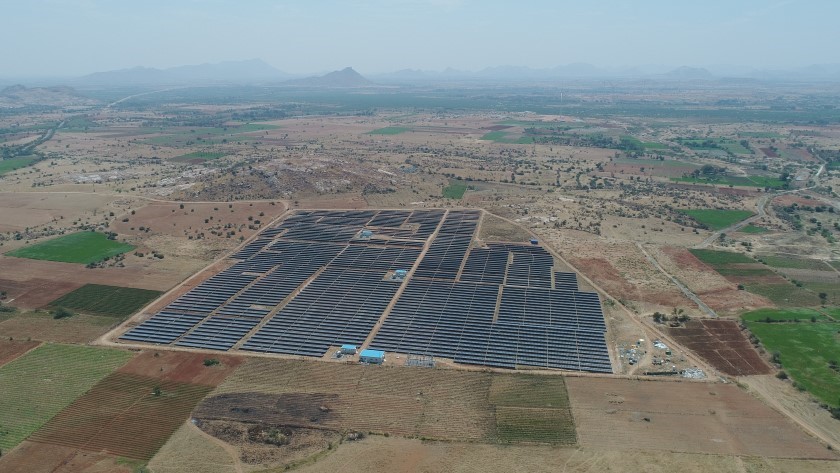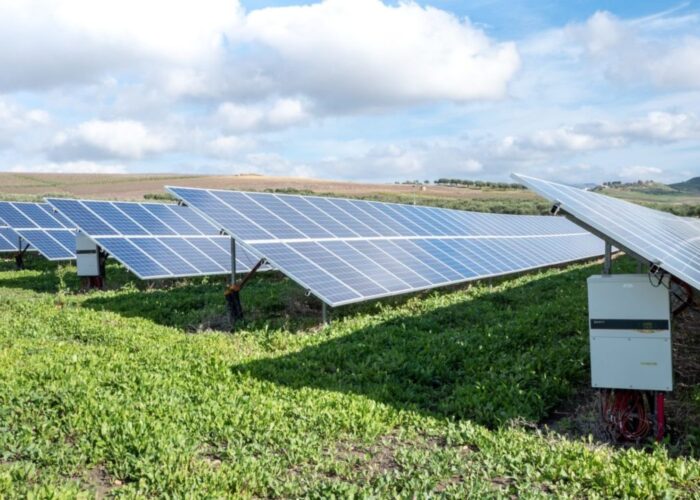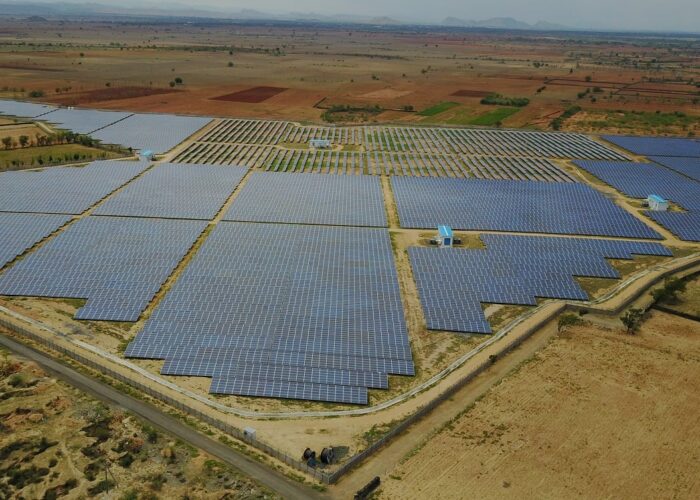
The Solar Energy Corporation of India (SECI) has tendered for 5GW of round-the-clock (RTC) power from renewable energy projects complemented with spare energy capacity from coal-fired power projects.
Developers will be responsible for securing land, connectivity, and long-term open access for the projects, which can be located anywhere in India. The deadline for bid submissions is 4 May this year.
Unlock unlimited access for 12 whole months of distinctive global analysis
Photovoltaics International is now included.
- Regular insight and analysis of the industry’s biggest developments
- In-depth interviews with the industry’s leading figures
- Unlimited digital access to the PV Tech Power journal catalogue
- Unlimited digital access to the Photovoltaics International journal catalogue
- Access to more than 1,000 technical papers
- Discounts on Solar Media’s portfolio of events, in-person and virtual
Players can bid for a minimum capacity of 500MW, rising to a maximum of 5GW.
Renewable energy projects that are already commissioned are not eligible for the tender, whereas projects under construction or not yet commissioned may be considered.
Submissions can, however, include thermal power plants which are partly or fully commissioned or are under construction at the time of issuance of bids, but they must have spare generation capacity that can be made available for long-term supply of RTC power. Such plants can use either domestic or imported coal as fuel.
At least 51% of the power supplied under this contract must come from the renewable power generator. The clean energy power may include solar, wind, small hydro, with or without an energy storage system.
Bidders may form joint ventures or consortia in order to ensure that spare capacity from thermal plants is available for the bids. A thermal power generator cannot tie up with more than one bidder, for the same ‘spare capacity’.
Bidders must submit a composite single tariff for renewable energy, bundled with thermal energy. SECI will then sign power purchase agreements (PPAs) with successful bidders for a period of 25 years. No ceiling tariff was specified.
SECI’s aim is to alleviate the problem of intermittent power on the grid coming from solar and wind projects. Thus, for better grid balancing, the thermal and renewable energy plants in this tender may be connected to the power network at multiple injection points, but they must be within the same Regional Load Dispatch Centre (RLDC) region.
While intermittency is an issue for the grid, clean energy developers have been suffering from costs incurred by delays in transmission infrastructure installation. The government moved last week to alleviate this cost burden by sharing out or switching the costs to transmission infrastructure suppliers.







